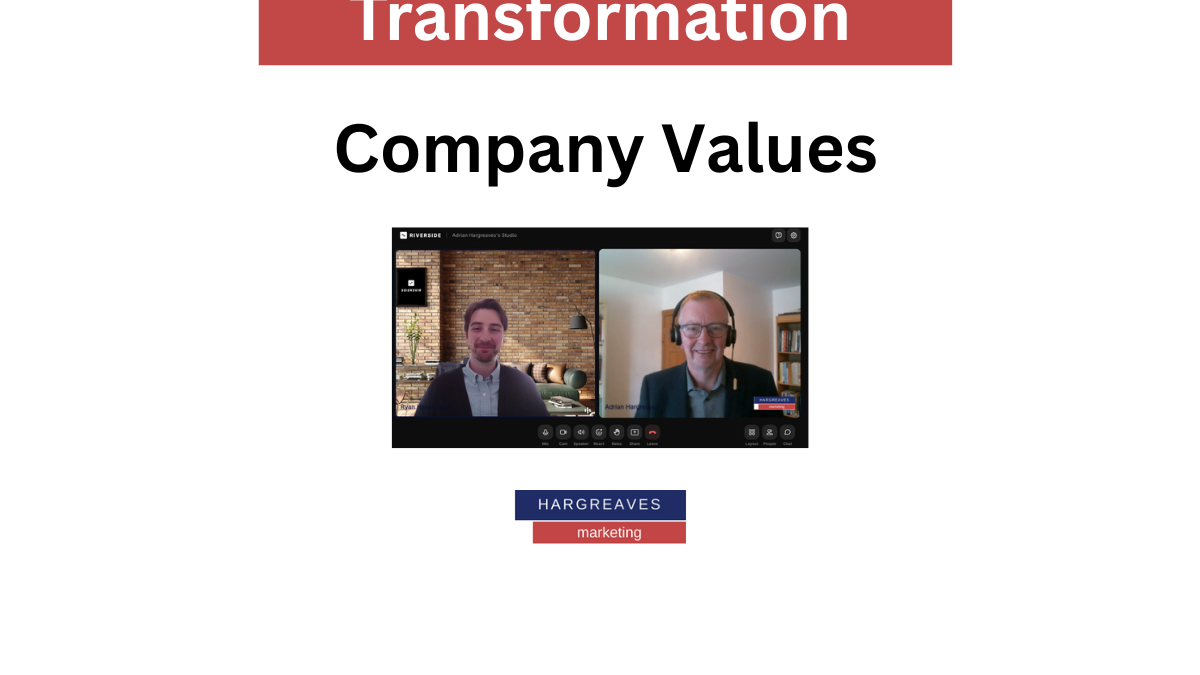
Not Everyone Needs Advanced Communication Skills — But One Person Could Transform Your Business
17th September 2025
Marketing Content Strategy — Are You Just Adding to the Noise?”
19th September 2025Why Your Company Values Might Not Mean What You Think
When you look at company websites or “About Us” pages, you’ll often see the same words repeated: Integrity. Excellence. Innovation. Respect.
They sound good. They’re safe. They tick a box.
But here’s the problem: if every business is using the same handful of words, do they really mean anything?
The issue isn’t that these words are wrong. It’s that they’re often chosen from a limited “acceptable” vocabulary rather than built from what truly makes a business unique.
Where Many Businesses Go Wrong
Too often, companies decide their values by:
-
Brainstorming a list of nice-sounding words.
-
Crossing off ones that don’t fit.
-
Settling on what’s left.
The result? Generic values that could belong to any company in any industry.
A Better Way to Define Values
Instead of starting with words, start with behaviours. Ask:
-
What behaviours do we most value in our people?
-
How do we want to treat customers, suppliers, and partners?
-
What does “good” look like inside our business?
When you begin with behaviours, the words follow naturally. For example:
-
If you want employees to speak up when they see a problem, maybe your value is about Courage.
-
If you want to deliver on promises no matter what, maybe your value is about Reliability.
-
If you want to build long-term trust with suppliers, maybe your value is about Fairness.
Now your values aren’t just words. They’re a reflection of how you actually do business.
Making Values Real
Values should guide decisions, not decorate walls. That means:
-
Hiring people who demonstrate them.
-
Rewarding behaviours that reflect them.
-
Calling out when they’re not being lived.
When values are grounded in real behaviours, they stop being empty words. They become part of the company culture.




